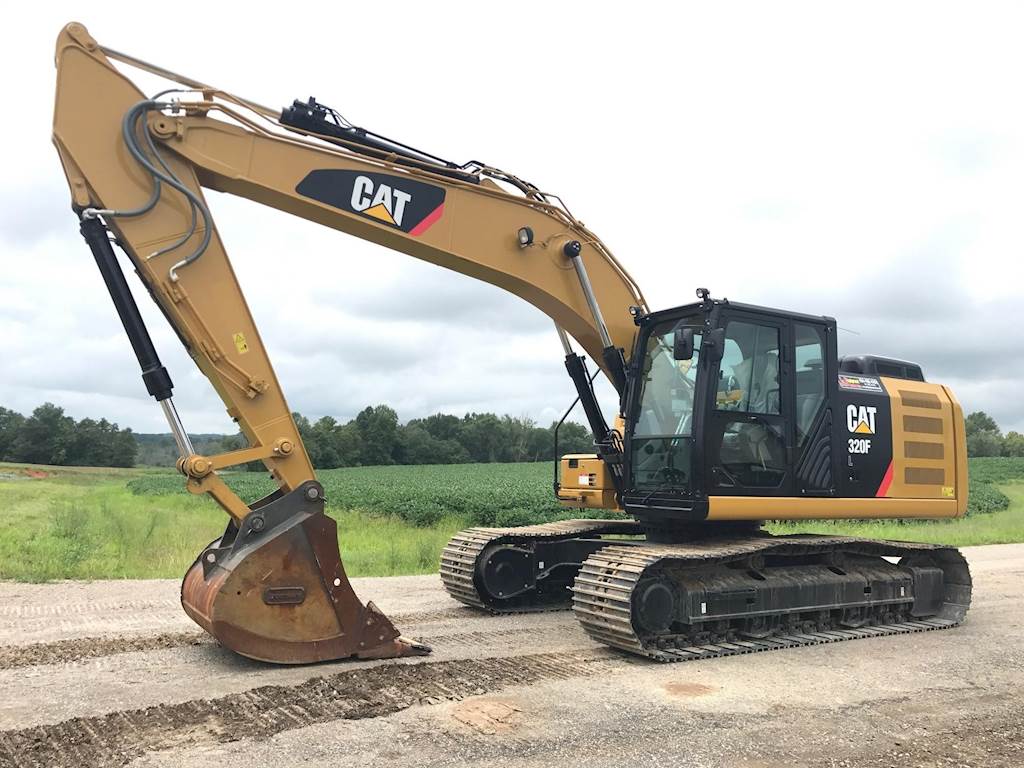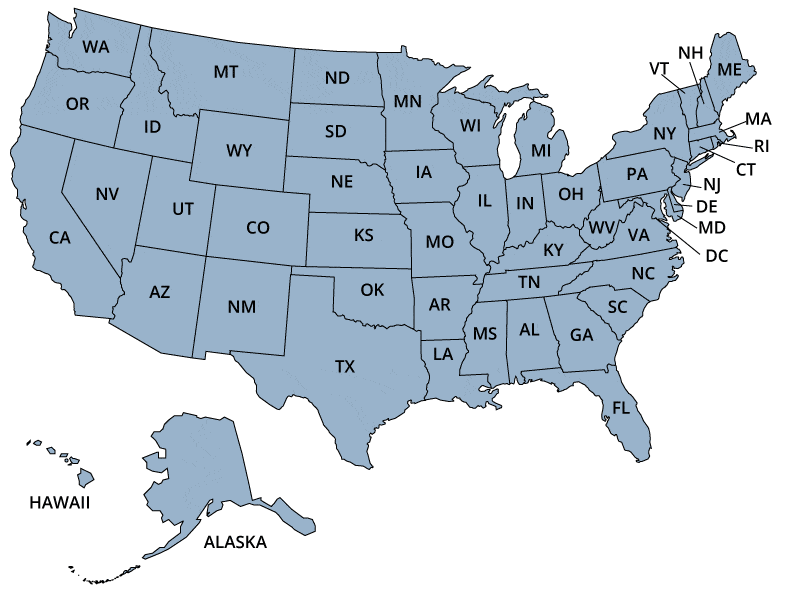Excavator Cost – No construction job is complete without using an excavator. This equipment is an essential tool in the lineup of various available construction equipment.
Excavators take skill to operate and consist of a stick, boom, cab and bucket situated on revolving platform called a “house.” The house sits on top of an undercarriage with wheels and tracks. They have multiple uses, some of which are listed below:
- Digging holes, foundations, and trenches
- Handling material
- Mulching forests
- Brush cutting using hydraulic attachments
- Demolishing buildings
- Mining
- River dredging
- General landscaping and grading
- Snow removal
From the list of uses, buyers can tell that excavators are widely utilized by various industries such as mining, road and highway, military, manufacturing, agricultural, and railroad for instance.
Types of Excavators
In order to perform tasks such as plowing snow from the ground, buyers will be required to purchase the related attachment to enable them to carry on with the task. Buyers looking to purchase an excavator should have a clear understanding of the different types to make a calculated buying decision.
- Compact Excavators ($20,000 to $35,000) – Compact excavators also referred to as mini excavator are machines used in the forestry and landscaping industry. They are able to squeeze into tight and constraint spaces due to them having a no tail swing and a smaller undercarriage. They are lightweight, weighing one ton with a digging ability of 0 to 6 feet. A boom swing and a backfill blade are the standard features of all compact excavators.
- Crawler Excavators ($100,000 to $500,000) – Crawler excavators are versatile machines, weighing a maximum of four tons. They are used to life pipes, dig trenches, and have different attachments to increase their effectiveness and expediency. They provide stability to the operator on uneven and rough terrains, and are less likely to become stuck.
- Dragline Excavators ($210,000 to $650,000) – Dragline excavators are the largest excavators from them all, weighing ten tons. The largest type of excavator is used in excavation and mining projects, construction of roads, extraction of coal, and in the civil engineering industry. During digging, they drop the bucket along with a dragline above the item to be taken out, dragging it on the surface and lifting the bucket.
- Long Reach Excavators and High Reach Excavators ($150,000 to $450,000) – Long reach excavators are utilized in narrow and small places where other types of excavators cannot reach. The arm of the machine can extend up to forty to a hundred feet. Regardless how far a buyer extends the arm, the long reach excavators will not tilt. On the other hand, high reach excavators are used for demolition purposes. For instance, it is used to pull down walls in an organized manner instead of knocking them down.
- Suction Excavators – Suction excavators are one-foot wide pipes used to remove items by using a suction to pull it up. The machine weighs seven to thirty-two tons and generates 400 horsepower. Utility companies use the suction excavator, as it decreases damage by fifty percent.
Purchasing Excavator Cost
Buyers in the market for an excavator will need to consider all the factors that can increase the price of the machinery. The size and features of the machinery are two main factors that buyers need to consider for Excavator Cost prior to making a purchase.
The price of excavators also largely depends on its present condition, as if it is old or new. To give you clarity on the subject matter of prices, a price comparison in the form of a chart comparing new, used, and rented excavators is provided to you for your benefit:
| Price of Excavators | New | Used | Available for Rent |
|---|---|---|---|
| Base Price | Large- $200,00 to $400,000 Mid-sized- $100,000 to $200,000 Small- $80,000 to $150,000 | Large- $100,000 to $300,000 Mid-sized- $50,000 to $100,000 Small- $70,000 to $100,000 | Daily- $350-$1,600 Weekly- $1,250 to $5,000 Monthly- $3,000 to $15,000 |
| Price with Accessories (each) | $1,000 to $5,000 | ||
| Price with Powered Attachments (each) | $5,000 to $10,000 |
*Note: Large excavators weigh 30 to 40 tons, mid-sized weigh 15 to 20 tons, and small weigh 10 to 15 tons, and they are the basis of pricing.
Used excavators are priced after determining its lifespan, and they have a useful lifespan of about 8,000 to 10,000 hours. Buyers working within a budget can purchase an excavator with more hours on them. However, more hours means less productivity. The Excavator Cost to rent an excavator will be set by looking at its weight. A small excavator will cost you less than a large one for instance.
If you cannot afford to buy a new or an old excavator and it is not possible for you to rent either, you can lease an excavator then. Only choose to lease if you plan to use it for several months. Companies that lease excavators to people for use require little or no money in advance to acquire one.
Buyers will have to pay them a fee each month in the given period of time, which can be up to five years. When the lease ends, you can choose to either purchase your existing one or trade it for a newer model. Here is an example of the lease rates the companies may charge:
The total for leasing an excavator for five years amounts to $75,000, but over the duration of the years, you will be required to pay a fee of $1,000 to $2,000, for three years, pay a fee of $2,000 to $3,000 and for one year, and pay a fee of $6,000 to $8,000. The lease Excavator Cost are subject to change, as they are calculated by looking at the length of the lease, the price of the machinery, and the buyer’s credit card history.
A buyer’s decision depends on the price he/she is able to afford and willing to pay to acquire an excavator, and looking at all the factors is an important part of the decision.



